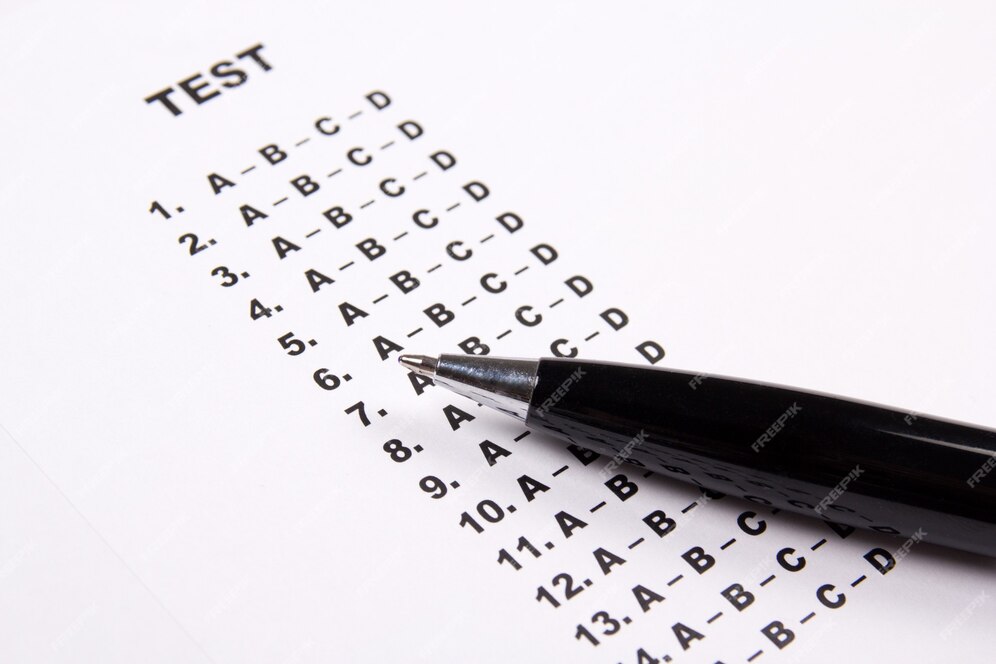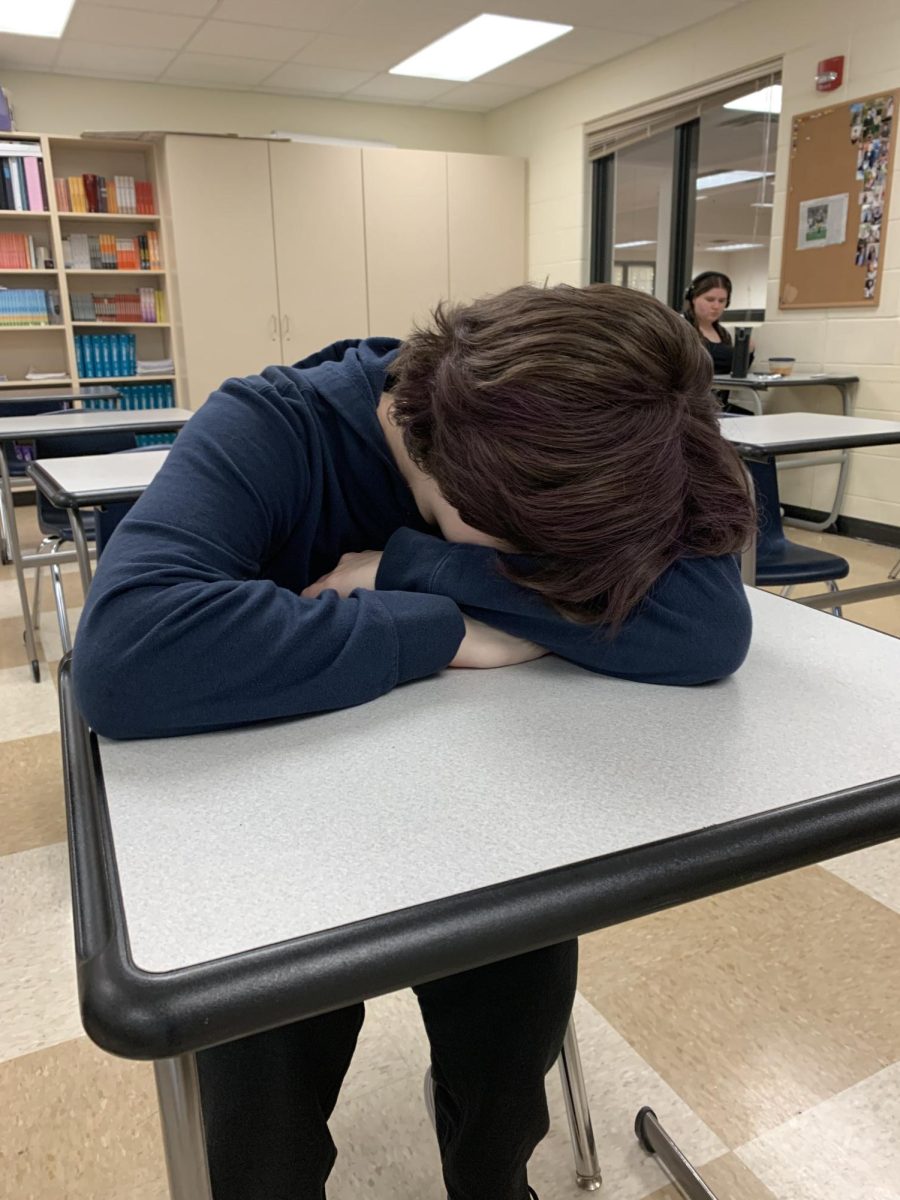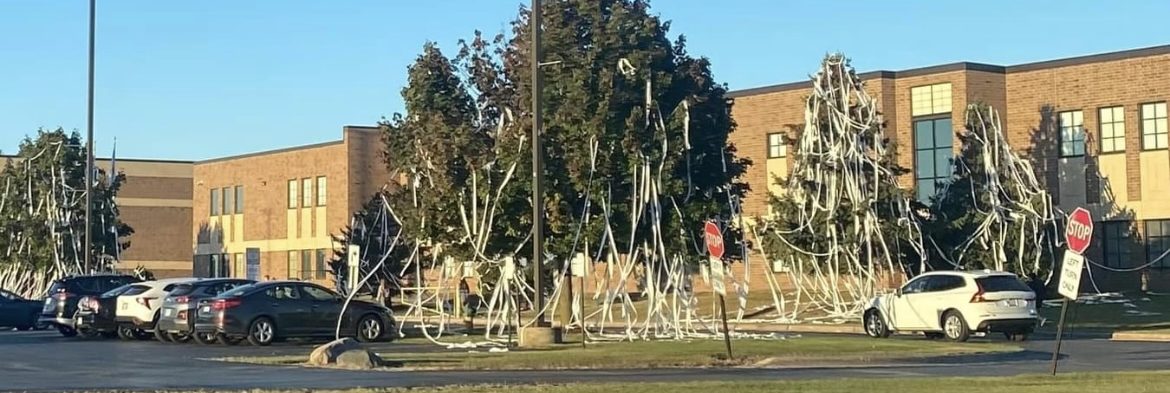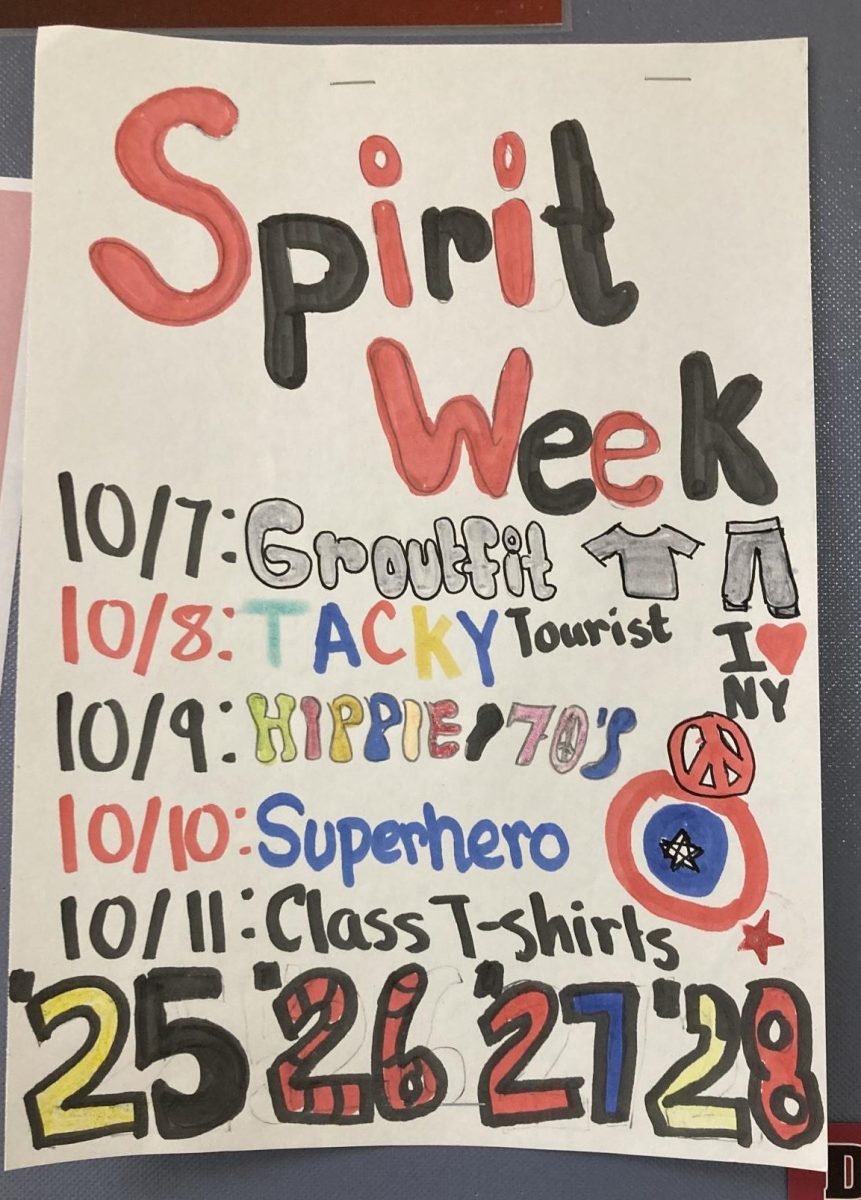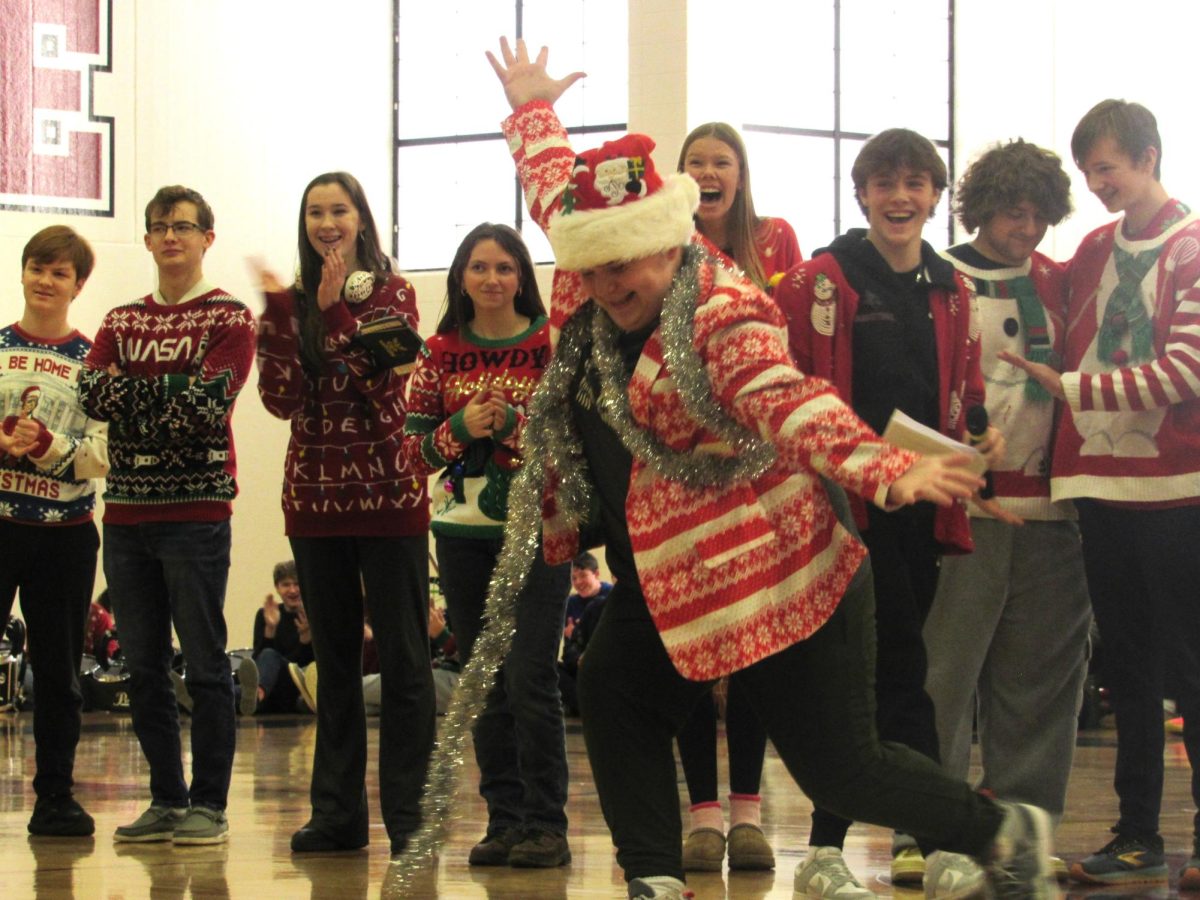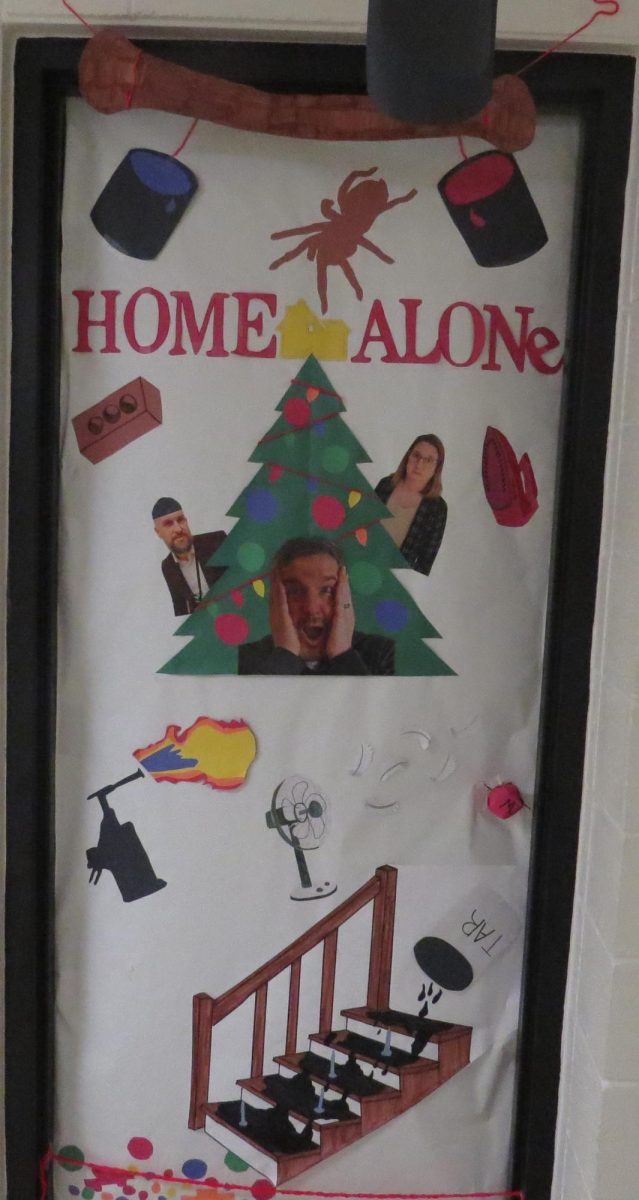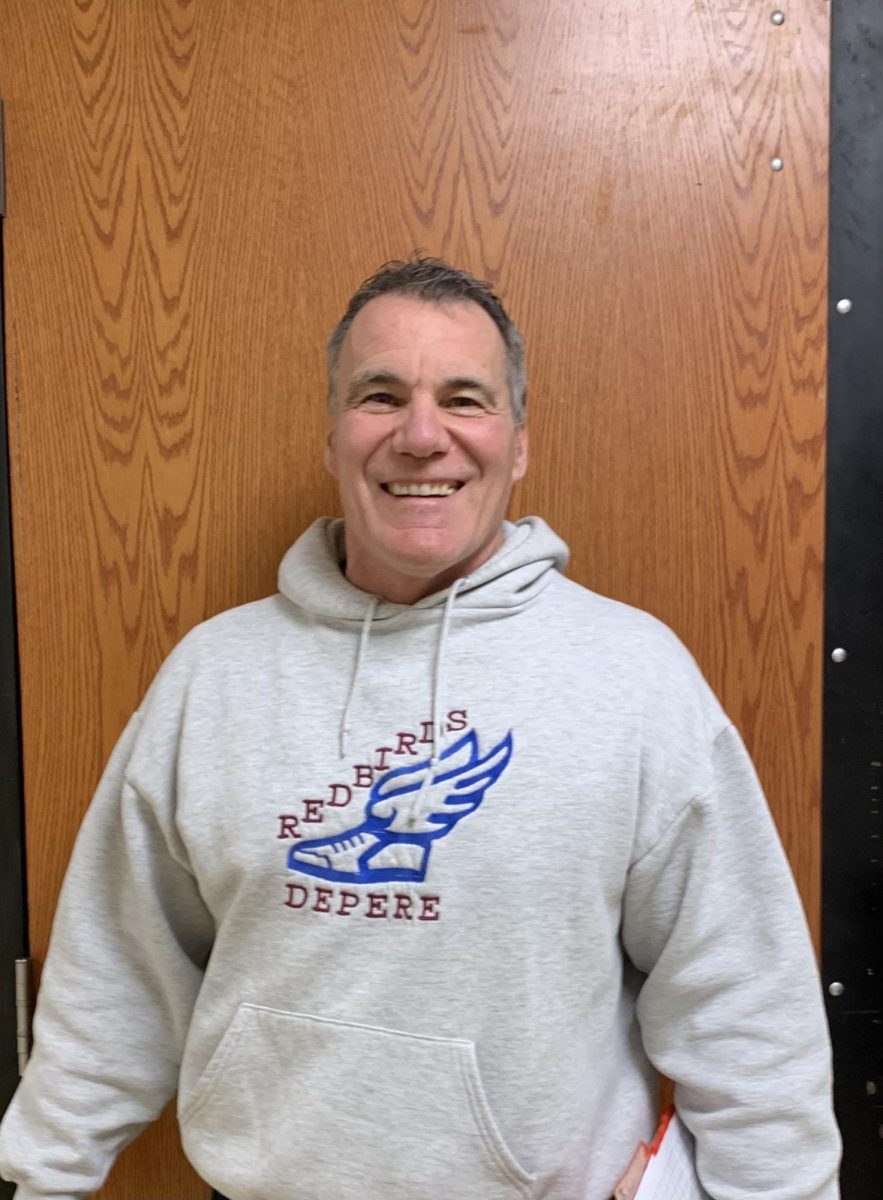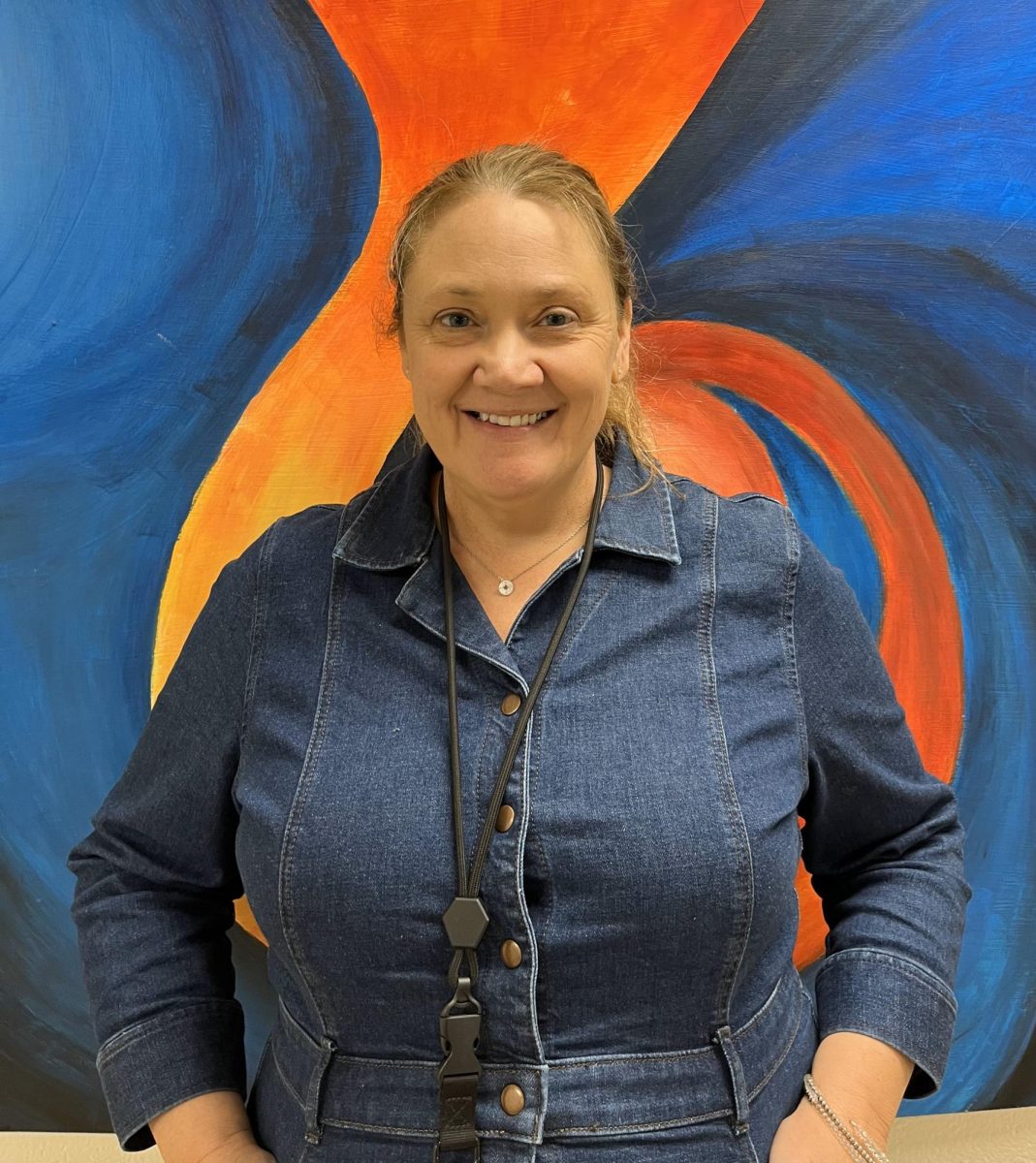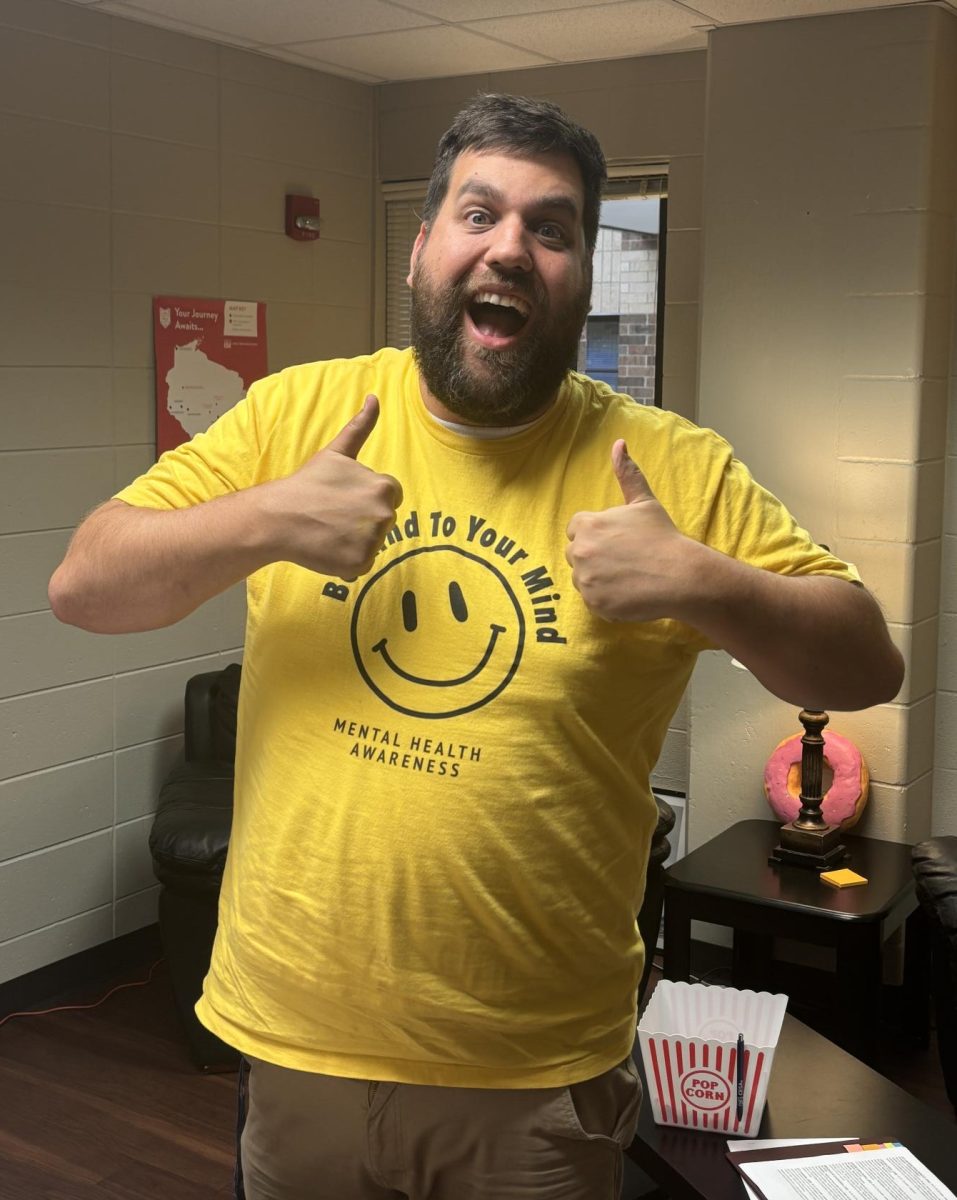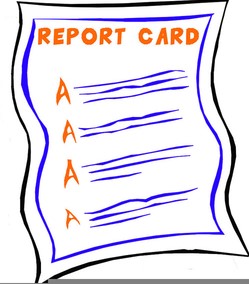Teens and their phones – a never-ending controversy that has an effect on teachers, parents, and students alike. But where exactly do the students and staff of De Pere High School stand on this issue and its solution?
At DPHS, it seems that most faculty and students are in agreement that the amount of time teens spend using their phones is, in fact, a problem.
According to a student survey done by the Crimson Aviator, 78 percent of students believe they do spend too much time on their phones at least some of the time.
As for how many hours they perceive as too much time: about 30 percent of students said they spend 25 or more hours a week on their phones.
When asked if she believes this is a problem, Presley Conrad, a 12th grader at DPHS, said, “I’ll be real, I do.”
Similarly, when asked the same question, Cora Mundt, a 9th grade student, said, “Overall, yeah, probably.”
Although students and faculty agree that teenagers spending too much time on their phones is a problem, they disagree about what the solution is – or if there even is one.
Jill Pearson, the DPHS Library Media Specialist, believes that the high school staff have every right to limit phone time at school and create a rule that makes students put them away during work and instructional time.
“I also think it (phones) affects relationships in school because kids are choosing to be on their phones and do social media,” Pearson said.
On the other hand, Lane Deshazer, a 9th grade student, argues that there is no solution to the problem. She stated that, “I think that kids will always find a way to go on their phones. So, I think it’s kind of tough either way.”
Michael Picard, a science teacher at DPHS, believes that schools should focus on teaching students how to use their phones appropriately. He also believes that a solution is “making sure that you’ve got other things to do besides being on your phone.”
Another student, junior Lily Sieber, thinks that, ultimately, whether or not teens decide to use their phones, will have to come from them.
Sieber said, “Kids need to learn to manage their phone time so they should be able to go on their phones whenever they want.”
Multiple students and teachers brought up the point that students should be able to use their device during lunch or study hall, either because it provides students with a break or because it is not instruction time.
Students and staff agree that phones should not be banned completely. Most believe that it is too extreme, unsafe for students, or that it simply would not work.
According to the high school student handbook, the current phone policy is students are able to use their cell phones before and after school, in the commons, in between classes, during lunch break, with teacher approval, and during extracurricular activities as long as they do not cause a disruption or distraction.
However, Adam Clayton, the School Board President, said the school board will evaluate feedback from staff, students, and parents and adjust the school phone policy accordingly.
Discussions about phone rules began late last year and will likely continue throughout this school year, Clayton said.
Until then, phone usage will continue as is.
“I honestly think we need to just be in the present. Don’t need to be spending too much time on our phones,” said Conrad.
Multiple Crimson Aviator reporters contributed to this story.
